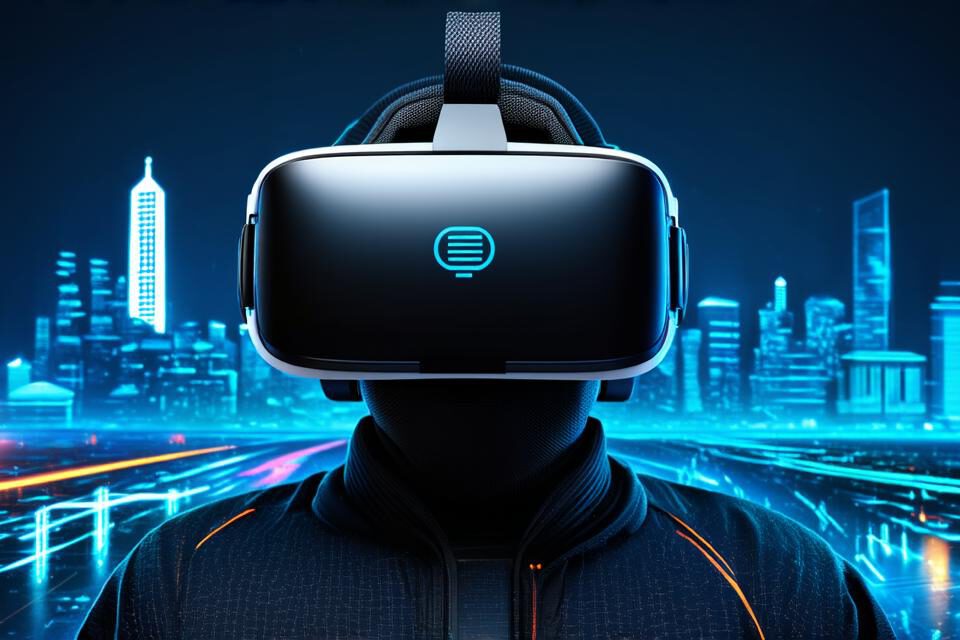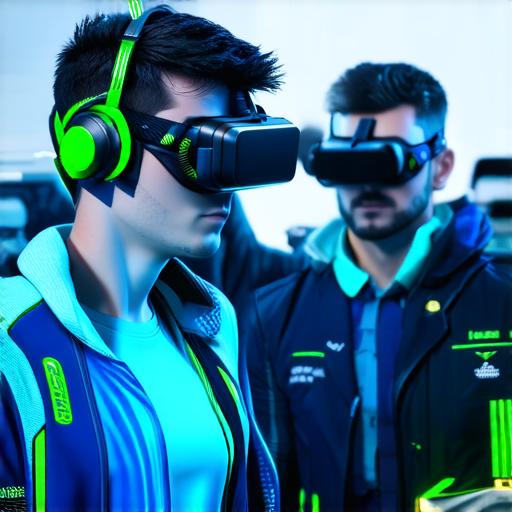Exploring the Benefits of Virtual Reality in SEO

<!DOCTYPE html>
Exploring the Benefits of Virtual Reality in SEO
Virtual reality (VR) is rapidly becoming an increasingly popular technology in various industries. From gaming to healthcare and education, VR is revolutionizing the way we interact with digital content and has the potential to transform search engine optimization (SEO). In this article, we will explore the benefits of virtual reality in SEO and how it can help virtual reality development teams improve their SEO efforts.
Benefits of Virtual Reality in SEO
Improved User Experience
One of the key benefits of virtual reality is its ability to provide an immersive experience for users. This can greatly enhance the user experience (UX) when it comes to SEO. By creating a VR-based website, businesses can offer a unique and engaging experience that can help improve user engagement and conversion rates.
For example, a real estate company could create a virtual tour of their properties, allowing potential buyers to explore the space in a more interactive and immersive way. This can lead to increased interest and engagement with the website, which can ultimately improve SEO rankings.
Enhanced Visual Content
Another benefit of virtual reality is its ability to create high-quality, visually stunning content. This type of content can be particularly useful for SEO as it can help attract more visitors to the website and improve engagement rates.
Increased Interactivity
Virtual reality also offers increased interactivity, which can help improve SEO by encouraging users to spend more time on the website and engage with the content. This type of engagement can help improve search engine rankings as it signals to search engines that users are finding the website valuable and relevant.
Improved Accessibility
Virtual reality can also help improve accessibility for SEO efforts. By creating a VR-based website, businesses can provide users with a more accessible experience that is available to people with disabilities or those who are unable to travel physically.
Case Studies and Personal Experiences
1. IKEA Place
IKEA Place is a popular VR-based app that allows users to explore different furniture options in their homes before making a purchase. By using this app, users can get a better sense of how the furniture will fit into their space and how it will look with their existing decor.
2. Hilton’s Virtual Hotel Room Experience
Hilton has created a virtual hotel room experience that allows users to explore different room options and amenities before making a booking. By using this app, users can get a better sense of what to expect when staying at a Hilton property.

3. The North Face’s Virtual Store Experience
The North Face has created a virtual store experience that allows users to explore different clothing options and product features in an immersive environment. By using this app, users can get a better sense of how the products will fit and look on them before making a purchase.
Expert Opinions and Research
1. Virtual Reality Improves User Engagement
According to a study by Nielsen Norman Group, users are more likely to engage with content that is presented in an immersive environment. This type of engagement can help improve SEO rankings as it signals to search engines that users are finding the website valuable and relevant.
2. Virtual Reality Improves Conversion Rates
A study by Adobe found that virtual reality experiences can lead to higher conversion rates than traditional experiences. By creating a more immersive and engaging experience, businesses can attract more visitors to their website and encourage them to take action.
3. Virtual Reality Can Improve Accessibility
Research has shown that virtual reality can help improve accessibility for people with disabilities or those who are unable to travel physically. By creating a VR-based website, businesses can provide users with a more accessible experience that is available to everyone.
FAQs
1. How can virtual reality improve SEO?
Virtual reality can improve SEO by providing an immersive and engaging experience for users, enhancing visual content, increasing interactivity, and improving accessibility.
2. What are some examples of virtual reality in SEO?
Some examples of virtual reality in SEO include IKEA Place, Hilton’s Virtual Hotel Room Experience, and The North Face’s Virtual Store Experience.
3. How can businesses use virtual reality to improve their SEO efforts?
Businesses can use virtual reality to create a more immersive and engaging experience for users, enhance visual content, increase interactivity, and improve accessibility.
Summary
Virtual reality has the potential to revolutionize SEO by providing an immersive and engaging experience for users. By creating a VR-based website, businesses can improve user engagement, enhance visual content, increase interactivity, and improve accessibility. As more businesses adopt virtual reality as a marketing tool, we can expect to see even more innovative uses of virtual reality in SEO in the future.